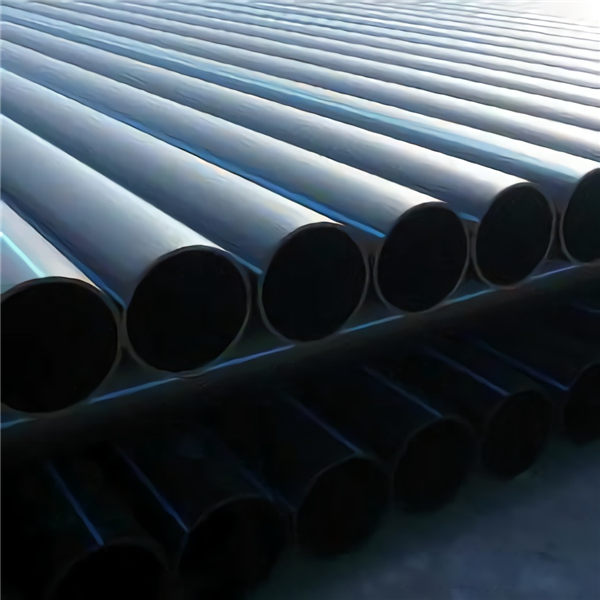Sep . 06, 2024 09:26 Back to list
High-Density Polyethylene (HDPE) Water Pipes - Durable, Reliable, and Cost-Effective Solutions
The Advantages of HDPE Water Pipes
High-Density Polyethylene (HDPE) pipes have become increasingly popular in water supply systems due to their numerous benefits over traditional materials such as steel or concrete. This article explores the features, advantages, and applications of HDPE water pipes.
One of the most notable characteristics of HDPE is its remarkable resistance to corrosion. Unlike metal pipes, which can corrode over time due to exposure to water and various environmental factors, HDPE is chemically inert. This means that it does not react with the substances it transports, making it ideal for drinking water applications where maintaining water quality is of paramount importance.
The Advantages of HDPE Water Pipes
Moreover, HDPE pipes are lighter than traditional materials, which simplifies transportation and installation. A lighter pipe imposes less stress on supporting structures and can be installed without heavy machinery, saving both time and costs. This lightweight characteristic also reduces the carbon footprint associated with transportation and installation, aligning well with environmental sustainability goals.
hdpe water pipe

The jointing process for HDPE pipes is another highlight. They can be joined using various methods, including heat fusion, electrofusion, and mechanical fittings. Heat fusion creates a seamless bond between pipes, eliminating potential leak points that are common in other types of connections. This ensures the integrity of the water supply system and minimizes the need for maintenance over time.
In terms of environmental impact, HDPE pipes are a more sustainable choice. They are recyclable and can be repurposed for other applications at the end of their lifecycle. The manufacturing process of HDPE also consumes less energy compared to the production of metal pipes. This commitment to sustainability makes HDPE an attractive option for governments and organizations looking to invest in greener infrastructure solutions.
Furthermore, HDPE pipes have a long service life, often exceeding 50 years with proper installation and maintenance. This longevity translates to reduced replacement costs and lower overall lifetime expenses, making them an economically sound investment for water utilities.
Finally, the versatility of HDPE does not end with water supply systems. These pipes are also suitable for various applications, including wastewater management, gas distribution, and industrial processes, showcasing their adaptability across different sectors.
In conclusion, HDPE water pipes represent a forward-thinking solution to modern water management challenges. Their corrosion resistance, durability, flexibility, ease of installation, and environmentally friendly profile make them an excellent choice for both new projects and the rehabilitation of existing systems. With the growing emphasis on sustainability and efficiency, HDPE pipes are poised to play a crucial role in the future of water infrastructure.
-
Durable PP Rigid Sheet: Lightweight, Chemical Resistant Solutions
NewsAug.21,2025
-
PVC Grey Sheet for Extraction: Chemical Resistant & Durable
NewsAug.19,2025
-
Durable PVC Pipe Fittings for Plumbing & Irrigation Needs
NewsAug.18,2025
-
HDPE Steel Belt Reinforced Spiral Corrugated Pipe | High Strength
NewsAug.17,2025
-
HDPE Pipe Fittings: Durable, Leak-Proof Solutions
NewsAug.16,2025
-
Premium CPVC Sheet: High-Temp & Chemical Resistant Solutions
NewsAug.15,2025

